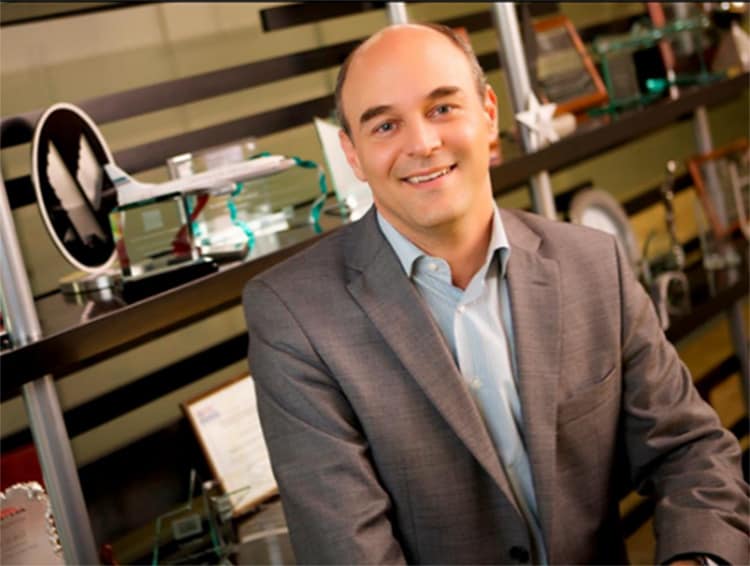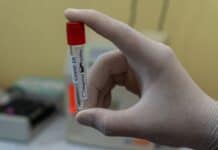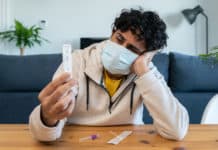 Prevue reached out to Gerardo Tejado, general manager meetings and events at American Express Global Business Travel, to get his insights about a post-COVID-19 world and he stresses the importance of safe travel.
Prevue reached out to Gerardo Tejado, general manager meetings and events at American Express Global Business Travel, to get his insights about a post-COVID-19 world and he stresses the importance of safe travel.
Here is what Gerardo Tejado had to say about safe travel post-COVID-19:
Andrea Doyle (AD): How will COVID-19 change the MICE Industry?
Gerardo Tejado (GT): Traveler health and safety will be the focus of most companies and their employees for the foreseeable future, and the industry will be responsible for rebuilding confidence that in-person meetings are safe to attend. In the early days of recovery, travel suppliers such as hotels and event venues will likely adopt new safety and safe travel policies that are subject to change with evolving government regulations and guidelines. Digital communication channels, such as smartphone apps and instant messaging, will be go-to sources for event attendees and travelers, and they will rely on them to get frequently updated and detailed information on event expectations and guidelines.
Countries could also stagger the opening of their borders and leave quarantine measures in place for an extended period of time based on infection potential and population vulnerabilities. This could affect event participation levels, presenter availability, and ultimately event costs. Both suppliers and MICE professionals will have to be creative in integrating virtual participation with live audiences and catering to multiple attendee profiles.
(AD): What will the new normal look like?
(GT): We are actively exploring this question with both clients and suppliers, as we will have to collectively define what the new normal will be. A lot will depend on current travel policies and local economies and vary based on country, supplier, and customer. What will be consistent is the value of meetings, regardless of the medium. Our focus is on helping clients decide what strategy makes the most sense for their business objectives. In some cases, that means pivoting to virtual and hybrid meetings. What matters is preserving business interactions and the return on investment they offer for stakeholders.
(AD): When do you predict all meetings and conventions will come back?
(GT): We have seen the rescheduling of events across Q3, Q4, and early next year. A widespread return of all meetings and conventions will ultimately depend on government guidance on social distancing measures and the overall health and safety of the population.
(AD): Will the physical attributes of a meeting change? Will buffets be a thing of the past?
(GT): It’s too early to predict exactly how the physical attributes of meetings will change, as much is still to be determined by government regulations and guidance. However, we anticipate new considerations around appropriate physical distancing. We’re actively working with our supplier partners and our customers to craft solutions that will ensure their health and well-being is a top priority.
With respect to dining, we’ve begun discussing with our customers transitioning away from traditional buffet dining and considering alternative approaches. That could mean more organized, plated, seated meals, where attendees won’t necessarily be in close proximity and aren’t reaching over one another to fill their plates.
(AD): Will disinfecting of meeting rooms and conference centers increase?
(GT): I would expect so, we’ve already seen many suppliers, including hotels and airlines, highlighting their cleaning protocols so that the public is aware of their safety processes.










